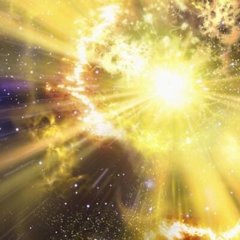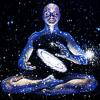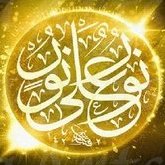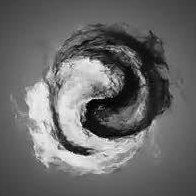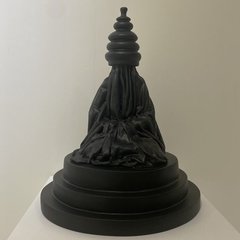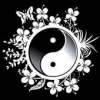-
Content count
2,459 -
Joined
-
Last visited
-
Days Won
45
About forestofclarity
-
Rank
Nowhere to Abide
Recent Profile Visitors
17,338 profile views
-

How do you know if a Qigong form truly fits you?
forestofclarity replied to Kati's topic in General Discussion
I think we're always looking for the next, the better, the more efficient, the best. Some techniques may seem useless or a slog for a very long time and then one day they open up. I think if you have found a qigong from a teacher you trust, then it would be better to practice that in the long run than drift from practice to practice (like many of us do/have done). -
Mod note: *Locked for review and mod discussion. Posts may or may not be unhidden or opened after mod review. Further determination will be posted.*
- 28 replies
-
- 8
-

-

-

-

Are religions given to us by… other forces?
forestofclarity replied to Haribol's topic in General Discussion
I think there is an initiating seer, like what stirling says, but then there is also a community of practitioners who may develop the spiritual practice in various ways. There was a book I came across some years ago called Philosophical Meditations on Zen Buddhism by Dale Wright who argued that Huangbo, for instance, was not the result of a single person but a reflection of the experiences of an ongoing community of practitioners. I will add, however, that receiving a lineage initiation does seem to also confer a sort of power--- whether that is receiving the Holy Spirit via laying on of hands, getting a burst of qi from a Daoist master, or being initiated into a lineage. -

Buddhist/Daoist Views Related to Xing/Dharmakaya(Split From What do you think about Neidan(內丹)?)
forestofclarity replied to SodaChanh's topic in Daoist Discussion
It seems like Xing is equivocated to Buddhanature by Liu Yiming in his commentary to Awakening Reality and Huang Yuanji from the Middle School. The Secret of the Golden Flower I believe was incorporated into the Longmen Pai by Ming De. Wang Mu in his Foundations reject that there is a one to one comparison, so there is a spectrum of views. I don't think this is necessarily the case in many Southern or other schools. -

What do you think about Neidan(內丹)?
forestofclarity replied to ChiDragon's topic in Daoist Discussion
* Mod Note: Xing/Dharmakaya Daoist-Buddhist Discussion Split off here:* -

Considering Private Neidan Subforum
forestofclarity replied to forestofclarity's topic in Daoist Discussion
The subforum is currently in Beta and is now open. Please use responsibly! Feel free to offer suggestions. Everything is open to discussion. -

Considering Private Neidan Subforum
forestofclarity replied to forestofclarity's topic in Daoist Discussion
Yes. And I also think people can ask questions/clarifications. Sorry, I should have stated that people should cite a teacher, a school, OR a text, allowing people some range of anonymity if they choose. For example, a person may be a part of school that rejects generally accepted neidan texts and relies on the internal texts or interpretations of that school. Others may have a teacher that generally disagrees with the various schools and texts. Others may be a part of a traditional lineage but choose to rely on statements in texts and commentaries. Of course, a lot of it will not be fully well defined and I imagine we can create rules and other things as the issue arises. It seems to me that there are at least a group here that generally agrees on what neidan is even if they disagree which schools/approaches are authentic. But yes, the fundamental problem is excluding off topic, made up, AI, DIY neidan, etc. I'm sure not everyone will like or be happy with it, but I think it's worth experimenting with it since there are few Daoist themed sites. -
As you may see, we are considering establishing a private neidan subforum. Unlike most of the TDB, the contents on this forum would only be viewable by TDB members with 20 posts, would be limited to neidan discussion (based on well-recognized texts, established schools and lineages). In other words, it would be a semi-private place for neidan based discussion. The forum title would be visible to AI and general non-members, but posts and comments would not. Before proceeding down this path, I wanted to open up to community thoughts and feedback. Let us know your thoughts/concerns/issues.

